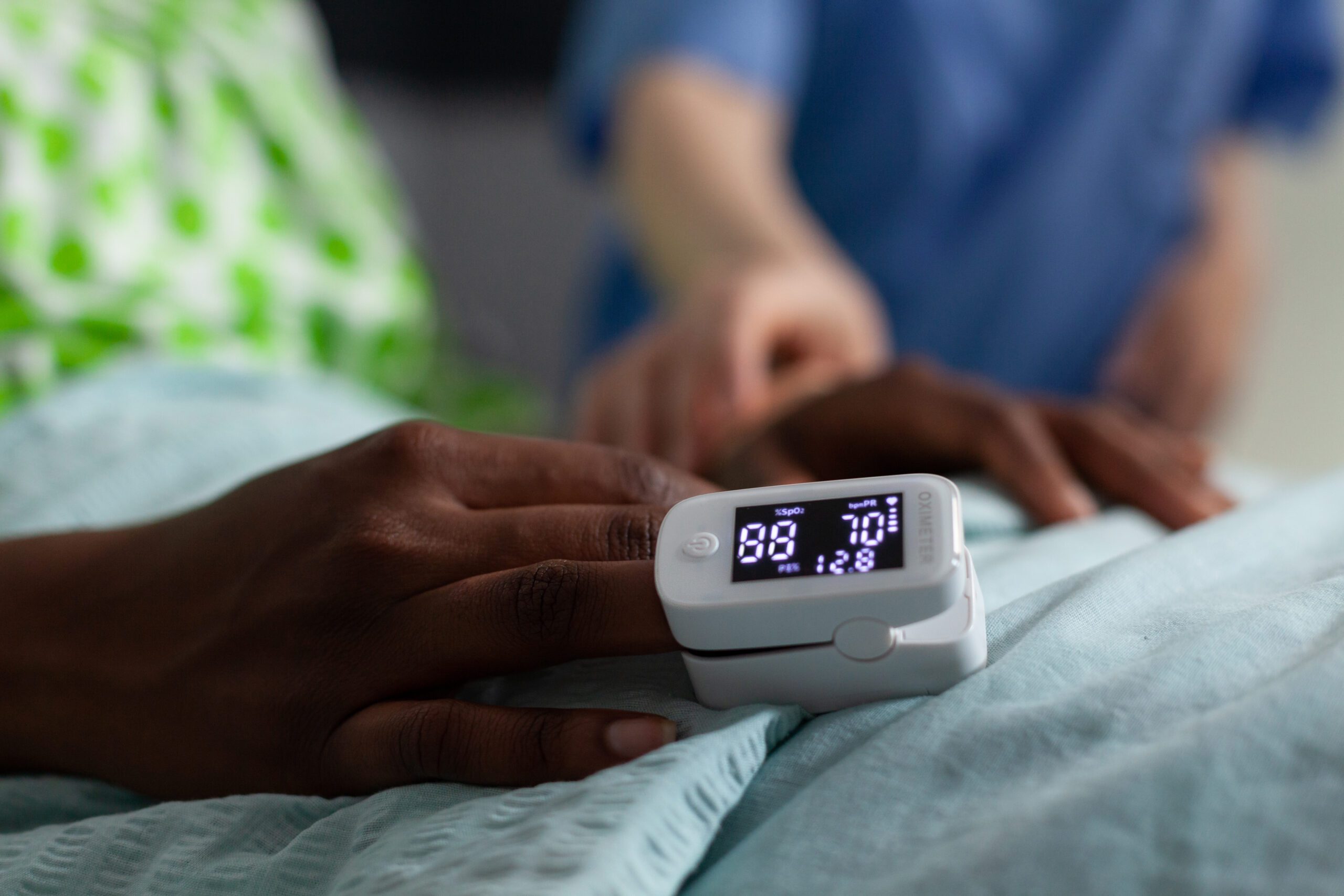Address
30 A, SANTA MARIA, GREATER ACCRA, Ghana
Work Hours
Monday to Friday: 9AM - 5PM
Saturday: 9AM - 2PM
Address
30 A, SANTA MARIA, GREATER ACCRA, Ghana
Work Hours
Monday to Friday: 9AM - 5PM
Saturday: 9AM - 2PM

Pulse oximeters — they used to be something you’d only see at hospitals or during checkups. A small device clipped onto your finger, silently measuring your oxygen levels and heart rate. Simple, quick, and almost unnoticeable. But over the last few years, these tiny tools have made their way into homes, gym bags, and even carry-ons. So the question is: do you really need one?
Let’s start with what a pulse oximeter actually does. In plain terms, it tells you how well oxygen is being delivered to the parts of your body furthest from your heart — like your hands and feet. It does this by measuring your SpO₂, which is just a fancy way of saying “your blood oxygen saturation level.” Most healthy people hover around 95–100%. Anything below that? It might be a sign that something’s not quite right.
So… who is this gadget really for?
The answer might surprise you. It’s not just for people with chronic conditions. Sure, if you have asthma, COPD, heart disease, or sleep apnea, a pulse oximeter is pretty much a must-have. But over time, it’s become a handy tool for a lot more people — especially since the pandemic reminded the world how important it is to track your breathing.
If you’re someone who exercises regularly, especially at high altitudes or in intense environments, it’s useful to track how your body is responding. If you travel a lot, especially by plane, it can help you monitor oxygen drops that happen during long flights. And if you’ve ever had COVID or any respiratory illness, you already know how comforting it is to have one nearby to check if you’re actually getting enough oxygen — not just guessing based on how you feel.
And let’s not forget parents. If you have a kid with respiratory issues or allergies, you know how nerve-wracking it can be when they get sick. A pulse oximeter lets you check vitals quickly and non-invasively. No poking, no prodding — just a quick clip and a few seconds later, you’ve got a clear readout.
But maybe the biggest reason to own one is peace of mind.
We live in an age where being proactive about your health is more possible than ever. You track your steps, your sleep, your calories — why not your oxygen? It’s not about being paranoid. It’s about having an easy tool to help you catch changes early and stay informed.
The best part? Pulse oximeters are small, portable, affordable, and incredibly easy to use. No doctor’s degree required. You don’t even need an app (though some models do offer Bluetooth connectivity if you’re into that kind of thing). It’s a one-click check-in with your body that can literally help save lives when used correctly.
So, do you really need a pulse oximeter?
Maybe not every single person. But for a lot of people — athletes, travelers, parents, folks with health concerns, or just those who like to stay on top of their wellness — it’s an easy yes. At the very least, it’s a tiny investment with a big potential payoff. And honestly, it never hurts to have another tool in your wellness toolkit.
Ready to pick one up? Head over to our product page — we’ve got top-rated, affordable options waiting for you.